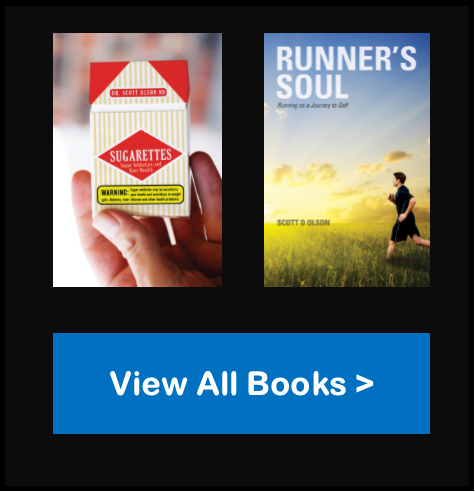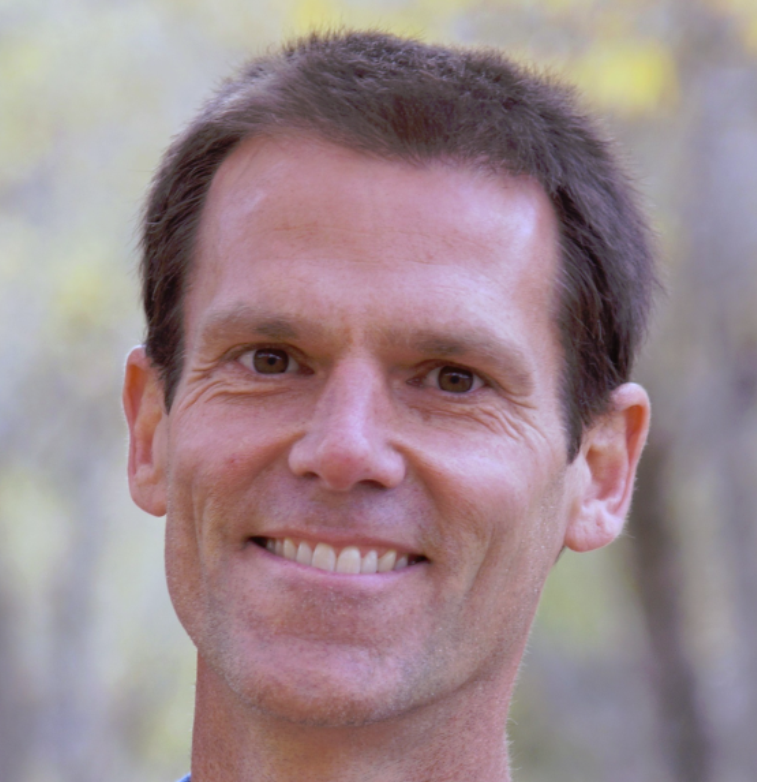Fountain of Youth
I have long said that exercise is a panacea and a cure-all, but new research has just backed up my claim. I find it funny to think that Ponce De Lion, the legendary explorer who went off in search of the fountain of youth, actually found the elixir to long life, only it wasn’t a fountain at all, but the exercise he was getting looking for the fountain.

Exercise is a powerful way to change how you feel and it can actually alter or reverse many diseases. If exercise were a drug, doctors couldn’t keep it on the shelf; the incredible part about the exercise story is that this “drug” is free and has virtually no side effects.
The importance of exercising is best summed up with this quote:
The Global Burden of Disease Study initiated by the World Health Organization included physical inactivity among the most important risk factors threatening global health. A sedentary life style may be as detrimental to health as smoking.(1)
Read that again! That quote is saying that not exercising has the same bad health effects as smoking. Clearly you have to get up off your butt and start moving it around some.
Let’s take a look and see just how powerful of a drug exercise is.
Health Benefits of Exercise
The research supporting the benefits of exercise is enormous and the following are just a sample of what is out there.
- Cardiovascular Disease: Exercise improves heart function, blood flow to the whole body, nervous system control over the heart, and a technical measurement called endothelial function in patients with heart disease.(2) It appears from a large number of studies that exercise can help prevent heart disease. Exercise even helps people who have had a heart attack, reducing symptoms, complications, trips back to the hospital, and longer life. Not only that, but their quality of their life is better, they have lower depression, and they return to work or active life quicker than people who don’t exercise.(3)
- High Blood Pressure: The good news is that high blood pressure appears to respond best to moderate exercise (as opposed to strenuous exercise). With as little as 30 minutes of continuous exercise a day, patients are able to reduce their high blood pressure. It is important to note that the kind of exercise is important: continuous. Continuous exercise is walking, running, biking and not tennis, golf or even soccer or basketball.(4) The jury is still out if weight training or high-intensity exercise will help high blood pressure.
- Rheumatoid arthritis: Moderate exercise has been shown to improve the symptoms (less pain) and the functional ability (they can do more) in people with rheumatoid arthritis.(5)
- Diabetes: Exercise has been studied in diabetics for a long time and has been shown to improve blood sugar control and reduce the need for medications. In a new study on the effects of exercise in diabetics, researchers were able to prove that long-term blood sugar control (by measuring hemoglobin A1c) is much better in diabetics that exercise than those that don’t, even when there they didn’t lose weight because of the exercising.(6)
- Weight Loss: As you can guess, exercise and weight loss has been extensively studied. A new study on overweight children showed that exercise helped them (more than adults) maintain their weight loss over a long period of time.(7) This study is so important and demonstrates that exercise can become a habit if introduced early enough in someone’s life. While normal-weight people should exercise at least 30 minutes (moderate intensity) on most days; overweight people should exercise 60 to 80 minutes a day.(8)
- Cognitive function: There is pretty good evidence that exercise will help maintain brain function, including memory, cognitive function, and attention in older adults. Since Alzheimer’s (and dementia in general) are becoming such a health disaster, it is good to know that exercise can be preventive.(9)
- Depression and Anxiety: A prescription for exercise often works better in people with depression and anxiety than taking a drug. New research suggests that this effect may be due to the ability of exercise to help us deal with stress.(10) Who couldn’t use a little stress and anxiety reduction?
What Else?
Exercise has been show to:
- Improve self-esteem, especially in children.(11)
- Reduce the risk for colon cancer.(12)
- Improves our quality of life, especially in older people.(13)
- Reduce back pain.(14)
- Prevent osteoporosis.(15)
Move Your Buns Around
Okay, I didn’t quite tell you the truth above, there are side-effects from exercise and you can hurt yourself; luckily, though, most of the damage you can do is only temporary (unlike some drug damage).
Here is what you need to know to get started on your own exercise program:
- Always check with your health care provider before starting an exercise program.
- You don’t have to kill yourself; moderate exercise is what has been shown to be the most effective for most conditions.
- Start slow and build up to 30 minutes every (or most) days. You’ll want to do more if you are overweight.
- Pick a continuous exercise: this means your heart rate is up for a sustained period. Choose exercise like running, walking, cycling, cross-country skiing and others.
- Consider adding weight lifting into your program.
Most of all, you want to have fun and stick with it. Yes, it can be a drag putting on clothes and getting out the door in the rain and snow, but most people love their exercise once they get going. If you can’t exercise outside, I recommend that you “pay” for the television that you watch by putting an exercise bike or a treadmill in front of the TV.
Take advantage of the best drug ever and start your exercise program today!
Citations
1. Erikssen G. Physical fitness and changes in mortality: the survival of the fittest. Sports Med. 2001;31(8):571-6.
2. Humphrey R, Bartels MN. Exercise, cardiovascular disease, and chronic heart failure. Arch Phys Med Rehabil. 2001 Mar;82(3 Suppl 1):S76-81
3. Ades PA, Coello CE. Effects of exercise and cardiac rehabilitation on cardiovascular outcomes. Med Clin North Am. 2000 Jan;84(1):251-65, x-xi.
4. Pescatello LS. Exercise and hypertension: recent advances in exercise prescription. Curr Hypertens Rep. 2005 Aug;7(4):281-6.
5. Metsios GS, Stavropoulos-Kalinoglou A, et al. Rheumatoid arthritis, cardiovascular disease and physical exercise: a systematic review. Rheumatology (Oxford). 2008 Mar;47(3):239-48.
6. Boulé NG, Haddad E, Kenny GP, et al. Effects of exercise on glycemic control and body mass in type 2 diabetes mellitus: a meta-analysis of controlled clinical trials. JAMA. 2001 Sep 12;286(10):1218-27.
7. Sothern MS. Exercise as a modality in the treatment of childhood obesity. Pediatr Clin North Am. 2001 Aug;48(4):995-1015.
8. Leermakers EA, Dunn AL, Blair SN. Exercise management of obesity. Med Clin North Am. 2000 Mar;84(2):419-40.
9. Angevaren M, Aufdemkampe G, Verhaar HJ. Physical activity and enhanced fitness to improve cognitive function in older people without known cognitive impairment. Cochrane Database Syst Rev. 2008 Apr 16;(2):CD005381
10. Salmon P. Effects of physical exercise on anxiety, depression, and sensitivity to stress: a unifying theory. Clin Psychol Rev. 2001 Feb;21(1):33-61.
11. Ekeland E, Heian F, Hagen KB. Can exercise improve self esteem in children and young people? A systematic review of randomised controlled trials. Br J Sports Med. 2005 Nov;39(11):792-8
12. Trojian TH, Mody K, Chain P. Exercise and colon cancer: primary and secondary prevention. Curr Sports Med Rep. 2007 Apr;6(2):120-4.
13. Stewart KJ. Physical activity and aging. Ann N Y Acad Sci. 2005 Dec;1055:193-206.
14. Hayden JA, van Tulder MW, Tomlinson G. Systematic review: strategies for using exercise therapy to improve outcomes in chronic low back pain. Ann Intern Med. 2005 May 3;142(9):776-85.
15. Hingorjo MR, Syed S, Qureshi MA. Role of exercise in osteoporosis prevention–current concepts. J Pak Med Assoc. 2008 Feb;58(2):78-81











the best exercise are full body exercises like military press and also swimming.-”,